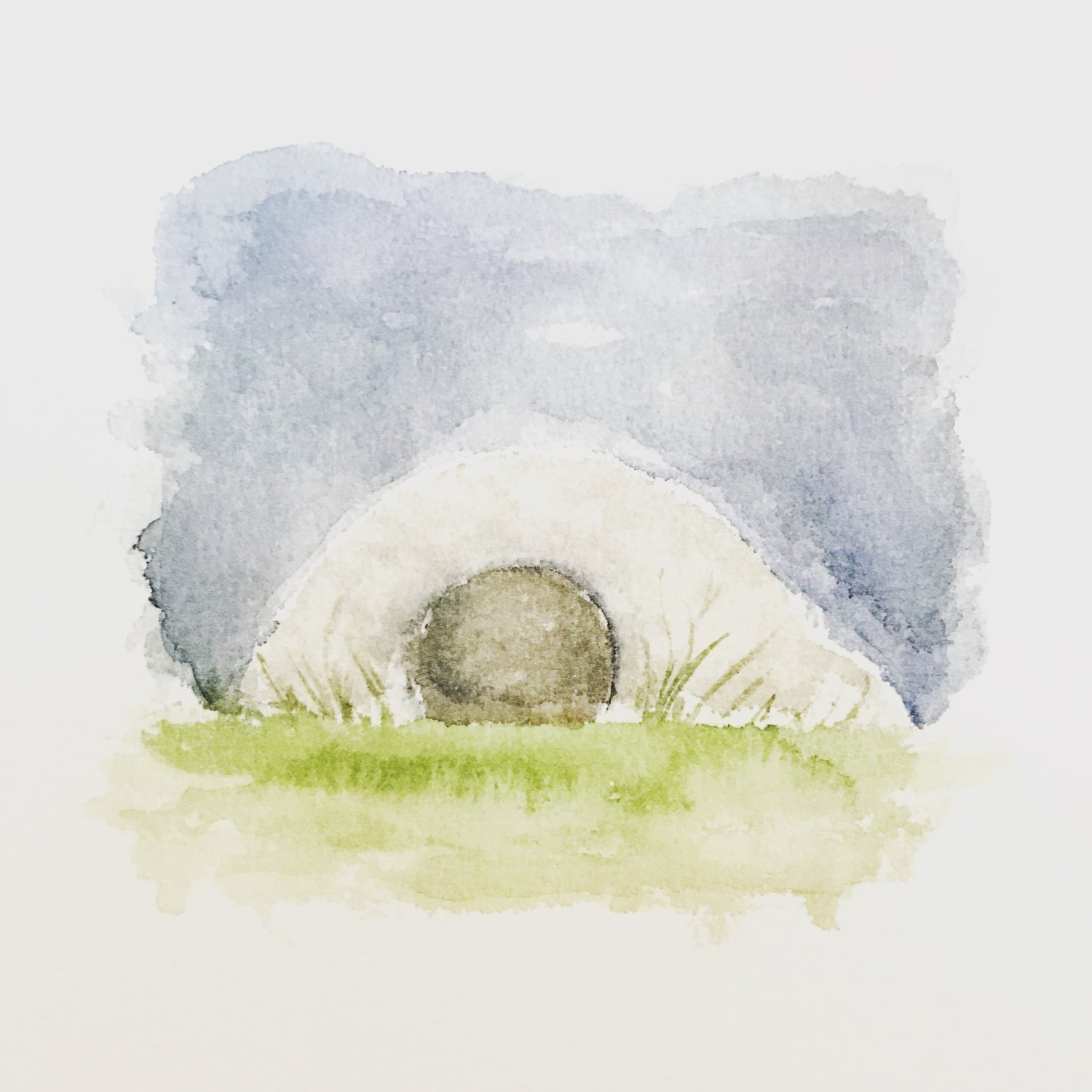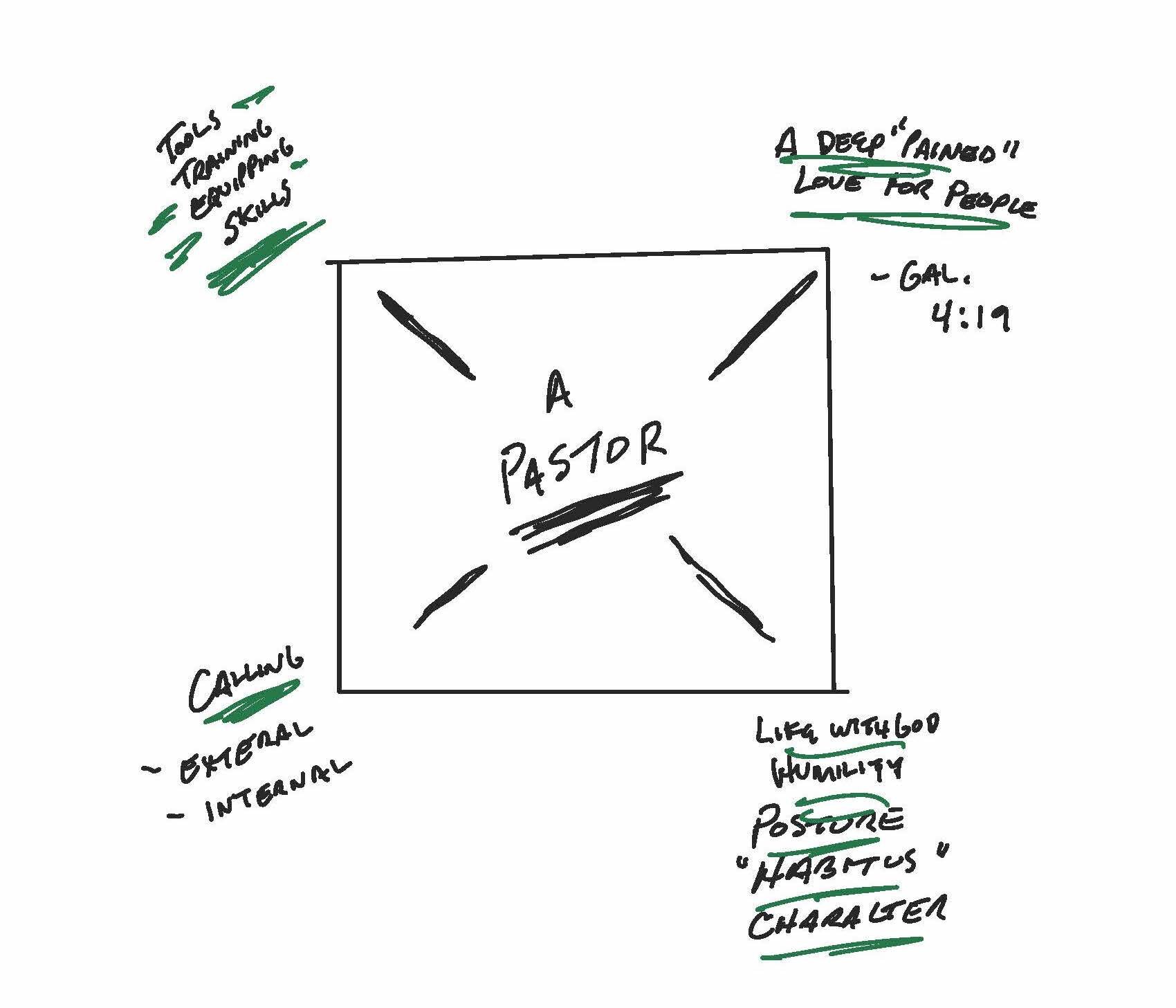The rain has fallen in Birmingham this winter. Dreary skies, and heavy, unrelenting rain. Everything has been soaked with wetness and cold. The sun has popped out like a miracle on only a few occasions. Each time, we were confused, as if all of us had forgotten what that bright warm thing was.
The rains have reminded me of a walk that I have taken over the last few years.
That’s because this time a year ago, I was caught out in the weather. I was standing in a cold, heavy rain. A downpour, really. My clothes were soaking through. I was becoming cold. My skin was turning blueish, even purplish, speckled with chill bumps. Shivering.
My shoes weren’t the right kind, so my socks were soggy. I had no raincoat. My hair was soaking, beginning to droop, and sticking to my forehead.
But I just stood there, staring blankly ahead. Alone, I thought.
The rain was so cold and was coming down hard enough that it gave the effect of freezing me in place. I was unsure of where to go.
So I just stood there.
————
The experience of facing depression, or something like it, is hard to explain. And that is one of its unique jabs at you. You can’t quite tell someone what is wrong, because something is wrong somewhere down deeper, somewhere beneath your ability to explain.
And to be clear, it soaks all the way down. You don’t really want to eat. Or you do, but feel like you can’t.
Or, you want only to eat. Or you don’t, but feel like you have to keep eating, and eat too much.
You can’t sleep. Or, all you want to do is sleep until next Thursday.
Your ability to make decisions gets foggy and your ability to concentrate on a task goes somewhere else. It’s like the basic faculties that you need to get-along are, I don’t know, waterlogged? It’s just a pervasive slog and the whole of your person seems shriveled up.
You are fatigued with an unmistakable weariness, that is lodged in the deepest place.
Now, all of this can be confusing if you are an energetic and gregarious person, someone who is always relied upon to bring the juice for others. Or, at least it was confusing for me for those reasons. I have a lot of enthusiasm, drive, and optimism. I can have a happy-go-lucky disposition. I like to make jokes. I have a lot of passion. I have a lot of unspeakable gifts of God’s grace in my life. Gifts like friends, family and church. I have no reason to feel these things, right?
Experiencing depression made me feel like Joel Busby was standing at a distance watching a thing occur in his own life. He was seeing a struggling version of himself. It was like I watching a weary straggler standing there in the rain. Yet somehow, I could not get out there and didn’t know how to help that person.
Physical symptoms abounded, too. Though in my case, I think my physical symptoms were related to depression’s cousin: Anxiety. Chronic upset stomach. Fluctuating weight. A general look of drowning in the eyes that can actually be seen in the mirror.
Depression and anxiety are like a pair of sharks that circle around, working together, waiting for the right time to nudge and nibble and bite and clamp down.
The whispers you hear in your head are another story, altogether. These whispers are like a dark brainstorming session, where ideas are scrawled on the whiteboard of your soul. “Hey, you could _________ to get a spark going. Why don’t you distract yourself with ________? It might take the edge off.”
These whispers become like gusts of cold wind in a winter rain. They blow the rain sideways so that it stings.
“Depression,” “depletion,” “burnout,” “out-of-gas,” “in a funk,” “a little overwhelmed,” “a lot overwhelmed,” “stressed,” “anxious,” “weary,” “worn-down”—these were labels without clear borders. I couldn’t think my way out, or distract-myself the way out. I’m still not sure that I can label exactly what I was experiencing, but I know I was wet and cold and stuck.
————
It also didn’t begin pouring suddenly, though that can happen. A soaking rain of grief six years ago must have dampened clothes that never quite dried, but were instead piled in a corner still wet.
I kept wearing them, moving along, walking in light rain. Then heavier, then heavier still.
All the while, I’m a husband, so I was trying to carry the umbrella for her. I’m a daddy, so I was buttoning up tiny jackets and shodding my children’s feet with rain boots so they could pass safe and dry.
I’m a pastor, so I was handing out ponchos, even gaining a reputation for being a good shelter for other folks facing these things. I was giving talks, thinking theologically, and helping other people understand these shadows, and shepherding folks through to safe passage.
All of this was helpful pastoral ministry to others of which I was proud. I remain so.
But I was like a dutiful church parking lot attendant, shuttling everyone from their cars to the building, all the while getting soaked. It is very possible to do this duty in ways that are deeply helpful to others and to enjoy the work.
But I wasn’t wearing a jacket, didn’t have an umbrella, or galoshes. So, I wasn’t exactly getting out of the rain myself. Honestly, I don’t think it was negligence, because I really don’t think I knew I was getting so wet. I think that I thought I was dry, or dry enough. Which sounds strange, but I wonder if you know what I mean?
Either way, you can only be out in the weather for so long before things start to get soggy and you start to get too cold. The ability to be present, to go there, to stay awake to important things, to pursue people was beginning to leave me.
————
The rain began to lighten for me, and faith that the clouds would part came at a normal, responsible adult check-up with my doctor. That appointment was like the sun showing itself on the other side of grey skies.
My doctor is a godly man, marked with humility and compassion. He is an elder in a church and, as such, had a better than average understanding of my life and its unique conditions.
He asked me how I was handling the stress of pastoral work.
You already know what I said.
“Fine.”
He asked a few more prying and compassionate questions. I kept answering, and as I did so, I started to realize what had been going on all this time.
He said, at the end of this, “I think you might be struggling with anxiety, maybe even depression.”
As soon as he said it, I had three instant thoughts, in a particular order: 1) “But I give talks about this.” 2) “I overcome challenges.” 3) “Crap.”
But, immediately after that barrage, I felt a strange release. I could have cried for a week.
It wasn’t that the rain stopped, the clouds parted, and the sun shone through, and birds began singing. Not that kind of release. But, I did sense the rain slack off a bit. More than anything, I felt like I was free to not have to stand there anymore.
My doctor talked to me about my life stage. He mentioned the spiritual realities and attacks latent in pastoral work. He talked about serotonin and adrenalin and the sustained stress of planting a church. We discussed learning to be a pastor, the vulnerability of that. We talked about writing a doctoral dissertation. Adding three kids along the way. He talked to me about limits. He talked to me about weekly patterns and routines. We talked about healthy habits like exercise and diet. He spoke about medicines. He listened and prayed for me.
I called Mandy as I was walking out of the clinic. I heard the compassion in her voice that has become one of the more familiar sounds that I know.
And more than anything, I was comforted with the comfort of Jesus himself.
I knew I had hope, even if it would be hard-won.
————
I’m in a really good place with all this.
It isn’t that the fronts do not roll in. They do. But the sunshine peeks through a lot also. This winter, though much rainier, has been sunnier for me.
There isn’t a place to end the telling of this story, not only because it is ongoing, but because it is not the kind of thing that just ends.
I have received grace to bear it, however. And this grace has come through ordinary means, mostly.
I want to offer a few markers of the hope I have experienced. I invite you to think of these like getting the proper clothing on for the rain that is coming. These truths are an umbrella, a pair of waterproof boots, a wool base layer, and a Gortex raincoat.
In all these things, I have found some ways to stay dryer, if I have to be out in it. But, they also are like a sidewalk, giving me a path to get into the house.
1. Future Hope
The Scriptures teach that Jesus Christ upholds the universe by the word of his power (Hebrews 1:2). That right now, in this very moment, he rules and reigns over all things. That all powers of darkness are being corralled underneath his cosmic feet (Ephesians 1:22). This does not mean things will resolve neatly in this life. But the arc of our lives is bending toward our enjoyment of Jesus, face to face. At that moment, there will be relief from every pain and every sorrow will be no more.
There is a consolation in knowing that these painful experiences are temporary. The Lord will end these things one day, in his own time, and in his own way.
2. Common Grace(s)
One of the great things about our God is that just as he has ends, he has means. And if he plans to bring warmth to our skin, and dry clothes for us to put on, he has ways in which he intends to do this. These are concrete resources of which you should take advantage.
My city has many wonderful counselors. These are folks who are trained and gifted by God, to help someone pass safely through these valleys.
Doctors can recommend courses of action including the use of medications, if necessary. These gifts of common grace are gifts indeed.
3. Habits, Patterns, P.I.E.S.
A dear friend speaks of the “Renewal Cycle.” He explains this as daily, weekly, monthly, and yearly patterns that help us replenish physically, intellectually/mentally, emotionally, spiritually (P.I.E.S.).
Having the discipline to establish patterns of proper exercise, diet, rest, sabbath-keeping, prayer, friendship, journaling, solitude, and silence has been beyond helpful to me. Thinking more carefully about my care load for others in our church, so that I can be truly present, and keeping a realistic calendar has made such a difference.
It is simple in concept but painfully difficult in practice and everything in you will resist these changes. This is one of the unique hardships of depression—that it cuts your legs out from under you in all the places you need to walk through it.
When you are struggling with discouragement, you know the last thing you want to do? Exercise. Explain. Or, sometimes, pray.
I have found, however, that pushing through, walking these simple pathways, yields reward over time. These are not magic tricks or “cures” or anything of that nature. In fact, there is a lack of compassion in suggesting such.
But these measures have really helped me gain my bearings.
4. Not Alone and Sufficient Grace
We’re not alone. Despite what dark thoughts whisper in your ear, we are not alone.
I mean this in two ways.
First, there are guys like me standing out there, too. As I began to share these struggles with friends, I began to find that there were even more folks out in the rain too, all around me. The more folks I let in, the more folks were praying and encouraging me.
The British preacher Charles Spurgeon, who struggled with depression wrote, “The road to sorrow is well-trodden. It is the regular sheep track to heaven, and all the flock of God has had to pass along it.”
It is a very normal human experience. It doesn’t necessarily mean you have done anything wrong. It doesn’t necessarily mean your faith is weak. (In fact, these clouds have come over me in the most spiritually rich times of my life.)
In the world East of Eden, these things are normal. It is helpful to know that we’re out here together. Knowing how normal this is, has helped me speak about it in a lighthearted way at times. In a way that disarms the darkness.
Secondly, and even more precious was realizing I wasn’t alone because of Someone out there.
Again, Spurgeon encouraged the sufferer to look to Jesus. He wrote, “…bodily pain should help us to understand the cross, and mental depression should make us apt scholars at Gethsemane.”
Somehow, Jesus knew mental anguish. We see the sorrow in his life. He is known as a Man of Sorrows, in fact. We see grief, emotional and physical weariness in the gospel stories. We see Jesus in knots before he goes to the cross.
He knew these experiences in a different way than we do, I believe. But his taking on our form means that he took on the full range of our troubles. He knew them, and took them upon himself, truly.
Again, Spurgeon wrote, “It is an unspeakable consolation that our Lord Jesus knows this experience.”
In rainy moments, I remember that Jesus promised he would not leave us or forsake us. And the rain and the wet and the cold does not stop negate this promise. He isn’t present only to the degree we are feeling it. He is present.
The Scriptures also teach that Jesus’ grace is sufficient in our weakness. This does not solve anything. But I know that he gives a special grace that will help you through.
He’s there. And there is nothing like being sheltered by Jesus himself. In suffering, we take hold of him in a unique way.
There may come a point where knowing he is there, and that he knows, and that he is at work, will seem like a life raft in a whelming flood.
I know it’s true.
———
“It's a strange and lovely world
It don't make no sense to me
There are few things I am sure of
Ain't nobody got it easy
Ain't nobody got it easy
Standing on the edge of a confession
Waiting for the sorrow to break
Too many reasons, too many questions
Ain't nobody got it easy
Ain't nobody got it easy”
- Drew Holcomb




















